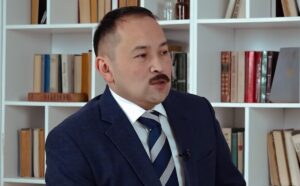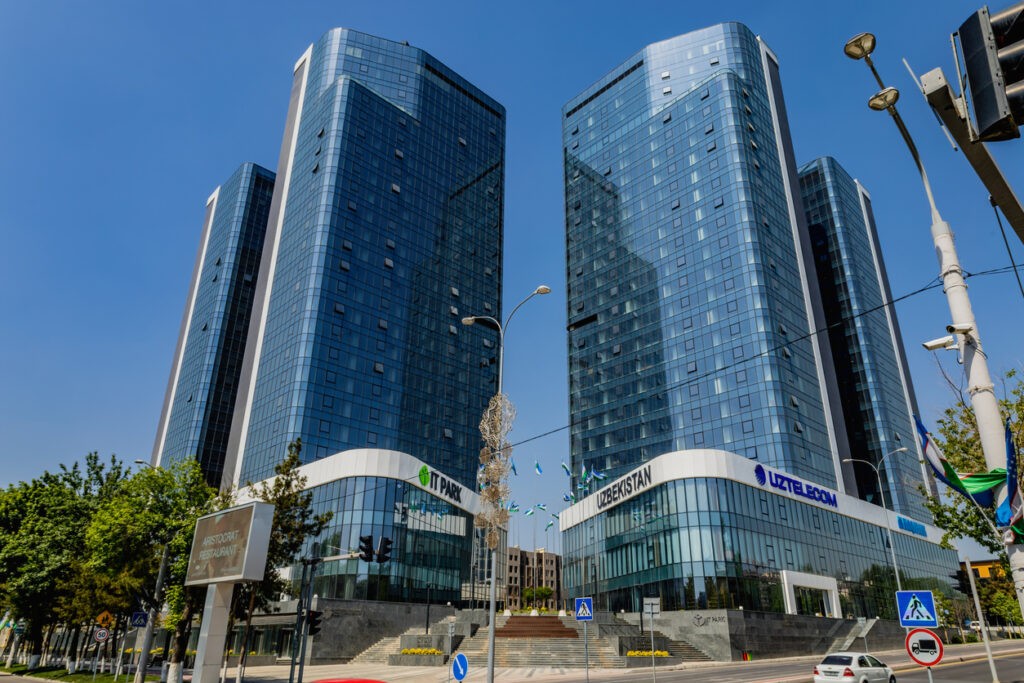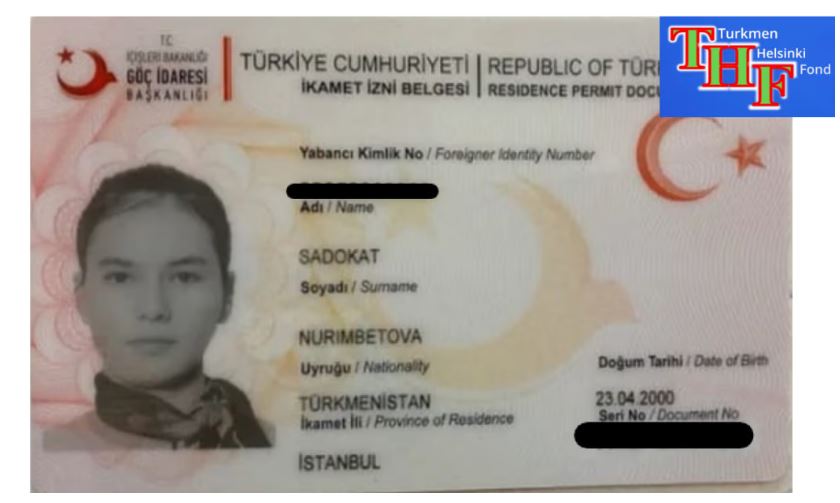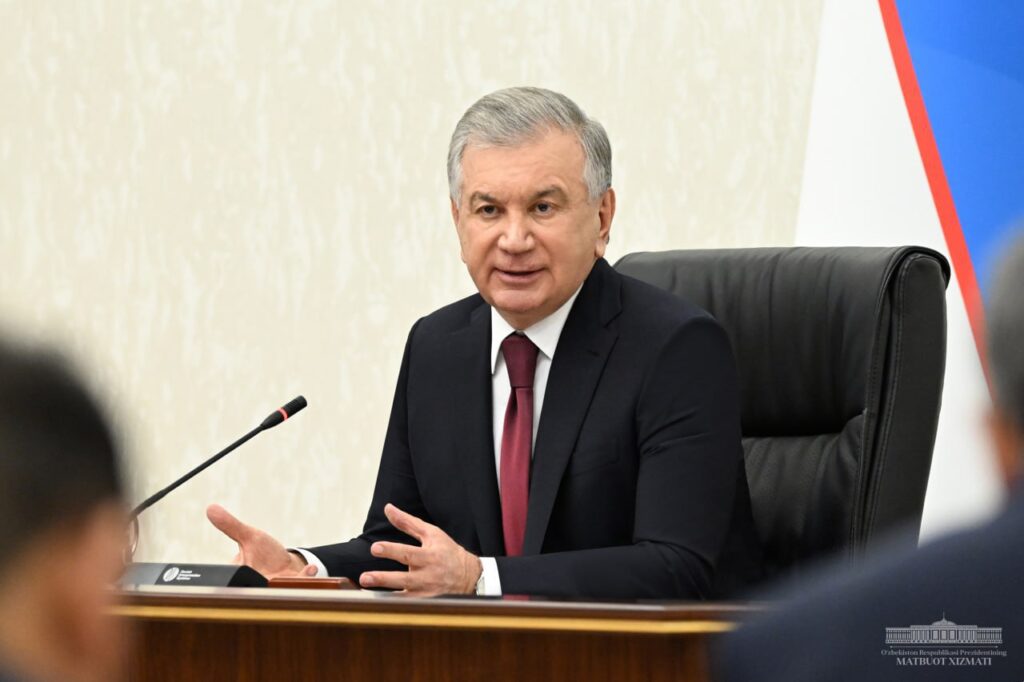Last week, President Kassym-Jomart Tokayev signed a decree on reducing the state’s participation in the economy, aiming to help develop competition and private business. This could be a significant boost to the economy, financial analyst Rassul Rysmambetov, an Almaty-based expert in distressed assets and Director of the Financial Freedom Public Foundation, told The Times of Central Asia, though everything will depend on how the decree is implemented.
Firstly, the decree envisages creating a National Office for Privatization under the Agency for the Protection and Promotion of Competition. This office is to develop criteria for state assets subject to privatization and create a list of them.
In addition, measures are provided to increase the autonomy, quality, and independence of corporate governance at Samruk-Kazyna, the National Welfare Fund, and its subsidiaries. “The government must establish a specific list of large entities that will offer major stakes in the next two years in IPOs,” President Tokayev explained.
According to Tokayev, the quasi-public sector – bloated and often ridden with debt – needs serious reform. “We need to put an end to the question of where state participation should continue and where competition can be developed. The largest share of the state in the economy is represented by the group of companies held by the Samruk-Kazyna fund, so that is where this work must start. New, systemic measures are required to fundamentally rehabilitate the fund,” the president stated.
A separate section of the decree presents measures aimed at protecting the rights and legitimate interests of business, including decriminalizing offenses related to economic activity and coordinating with prosecutors on prohibitive and restrictive measures initiated by government agencies.
This is not the first time Kazakhstan has tried to liberalize its economy – it has even privatized social institutions, such as hospitals, schools, and creative centers for children before – but previous attempts yielded no tangible successes.
“We need to continue to work to improve the quality of services, consistently reduce state participation and eliminate excessive regulation and restrictions. This applies to all sectors of the economy,” Tokayev stressed. “Uncontrolled monopolies, unequal access to resources and unfair trade practices must be eliminated at the root. A pillar of economic liberalization will be effective privatization. There have been so many privatization plans, but every time we make the same mistakes.”
Rysmambetov believes that professionals should take the lead.
“Liberalizing the economy is a process. By no means can it be limited to a single decree – it is a strategic course. I see here dozens, if not hundreds of by-laws, industry reference documents and possibly new laws and codes. I’m afraid that parliament will prove unable to keep up with the pace at which these reforms should be carried out,” he stated.
According to Rysmambetov, Samruk-Kazyna could be dissolved tomorrow, but the holding has taken on a lot of debt for its subsidiaries, meaning that in the near term its assets can only be partially privatized. In general, each Samruk-Kazyna company has a related supervising ministry, so, to start with, you could sell a 10% stake in the fund’s largest assets, according to Rysmambetov.
“These are national companies, like KTZ, KazMunayGas, Air Astana, KEGOC, Kazpost, and so on. But some strategic entities must remain with the state – first and foremost, logistics and transport. The government should have already prepared for the creation of the National Office for Privatization; the list of experts who will determine the entities to be privatized should have already been drawn up. For example, should regional SECs (so-called “social enterprise corporations” – business structures whose sole shareholder is the government) be privatized? Maybe they should be given back to the akimats?”
“There are political issues involved in the privatization process. There are many tenge billionaires in the country – paupers, one might say ironically – who made their fortunes during the times of Old Kazakhstan. Will it not work out that they return to the economy with this privatization?” noted Rysmambetov. He also recalled cases from the previous wave of privatization where social institutions that were critically important for the population were privatized. For example, in Almaty, they tried to sell a skin and venereal diseases clinic.
“The presidential decree sets the course. It’s important that during its implementation they’re not hasty and no obvious lobbying interests are involved. There are a lot of figures who, allegedly, earned their capital dishonestly, by being ineffective managers, which is why the thermal power plants are falling apart. Will they start buying critical entities again with stolen funds? So, there is no need to rush; everything needs to be thought through calmly, carefully, and a decision made on who exactly to sell to. In addition, Russian companies, Chinese, Uzbek business people and, naturally, Americans have money [to invest]. How would the state react to our key enterprises being bought by these players? These issues need to be considered ahead of time. Among other things, it should be clearly defined what cannot be privatized under any circumstances. Therefore, the specialists at the new National Office for Privatization must be professionals of the highest caliber – three heads above the people currently working on these issues. It should not turn into a total fire sale.”
Rysmambetov defines the reforms aimed to liberalizing the government’s stance toward business and decriminalizing certain types of offenses correct and timely: “A person who stole but did not kill anyone should, if possible, pay compensation for the damage caused, not go to prison. I’m also interested to see what the National Chamber of Entrepreneurs, the Atameken, will do in the context of liberalization. Its very existence – specifically the Atameken – indicates that the state is not on friendly terms with business. The Atameken translates bureaucratic language into business language, which goes to show that the state doesn’t know how to work with business-people. Unrealistic laws are put on the books, wrong approaches taken, and all this needs to be sorted out through the Atameken. But business is our breadwinner.”
Still, moderation is key. According to Rysmambetov, just assessing regional SECs may take a year, while state property should be sold at a fair price and work for the benefit of Kazakhstanis.
“The 90s saw privatization at such a pace and scale that we’re still collecting assets all over the world. So, the president’s intention is very timely and correct, but the state apparatus has the skills only to turn some stages of implementation into another feeding frenzy. Money is siphoned off from the budget not by ministries, not in the presidential administration, but mainly by small lobbying groups of oligarchs,” Rysmambetov concluded.

Rassul Rysmambetov is an Almaty-based expert in distressed assets, cross border business, and asset value recovery. Image: Ulysmedia







